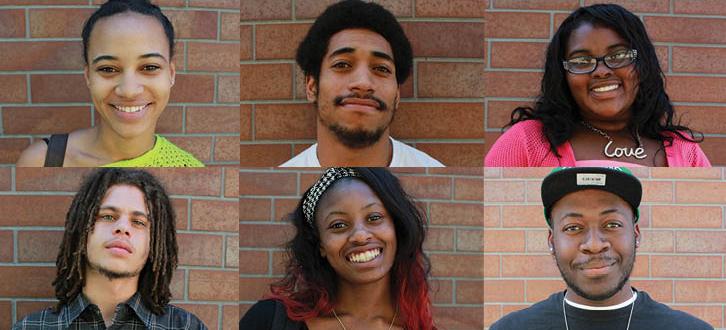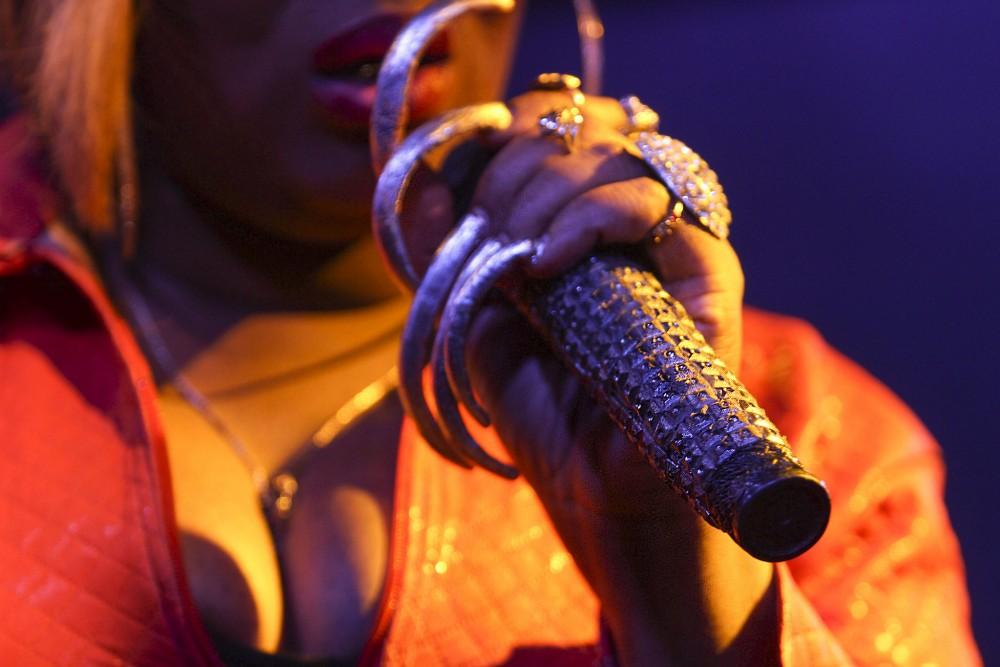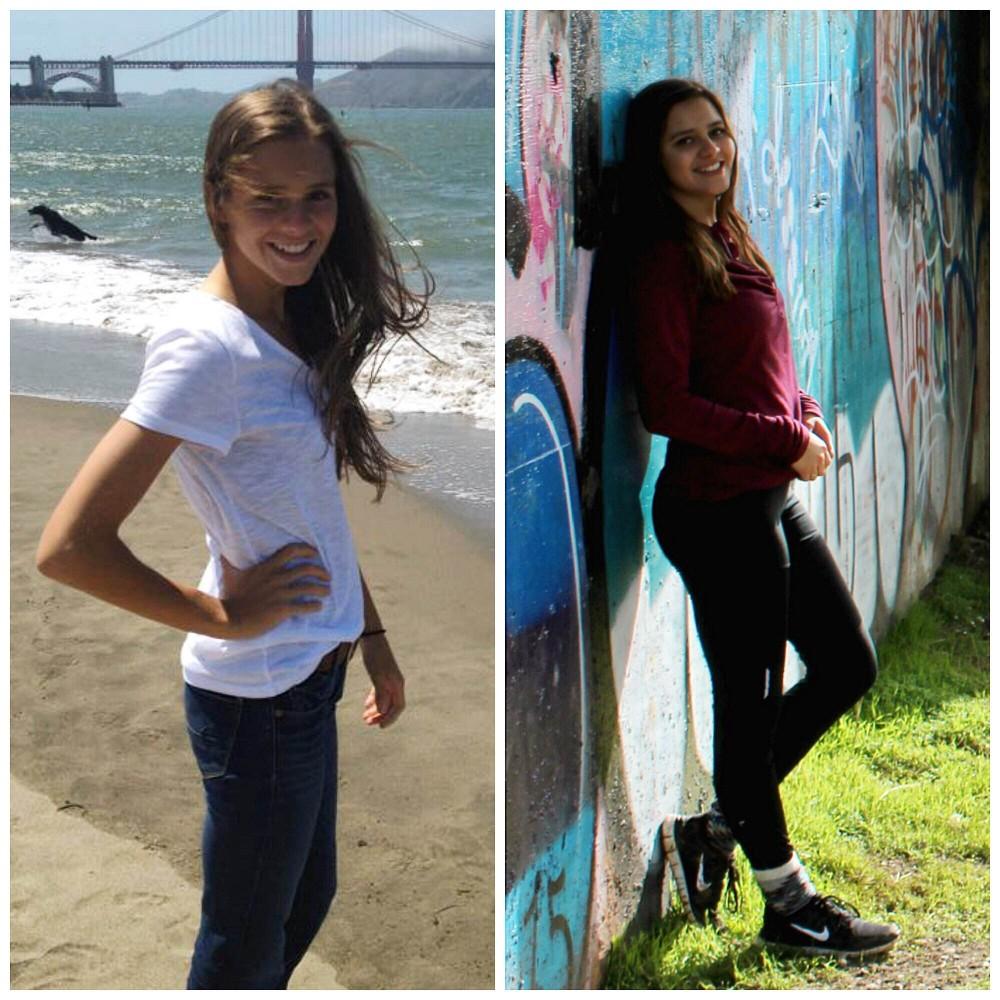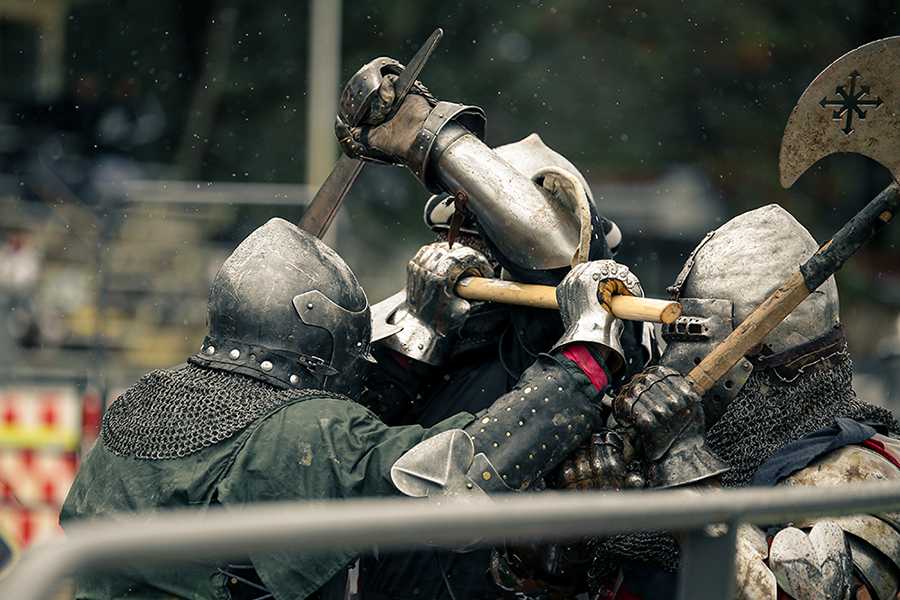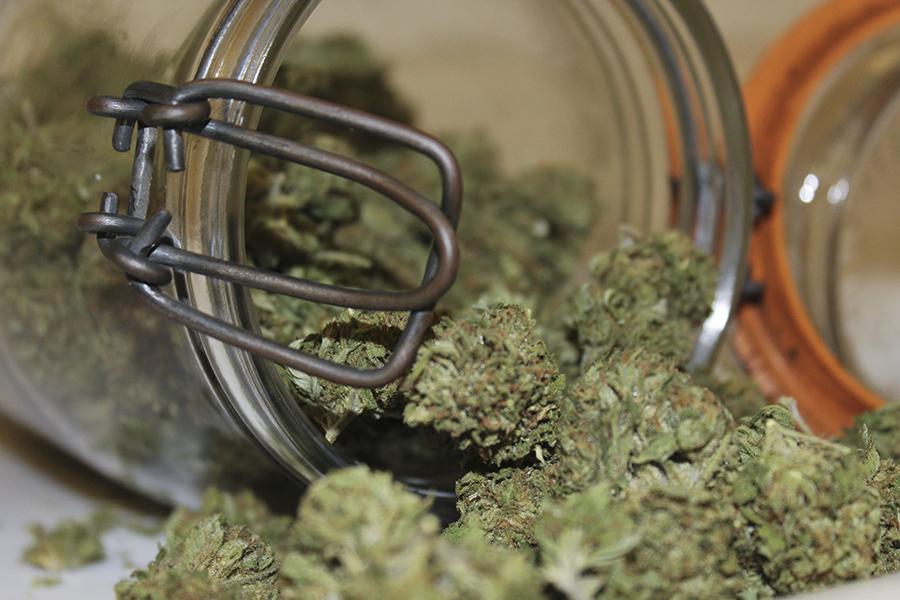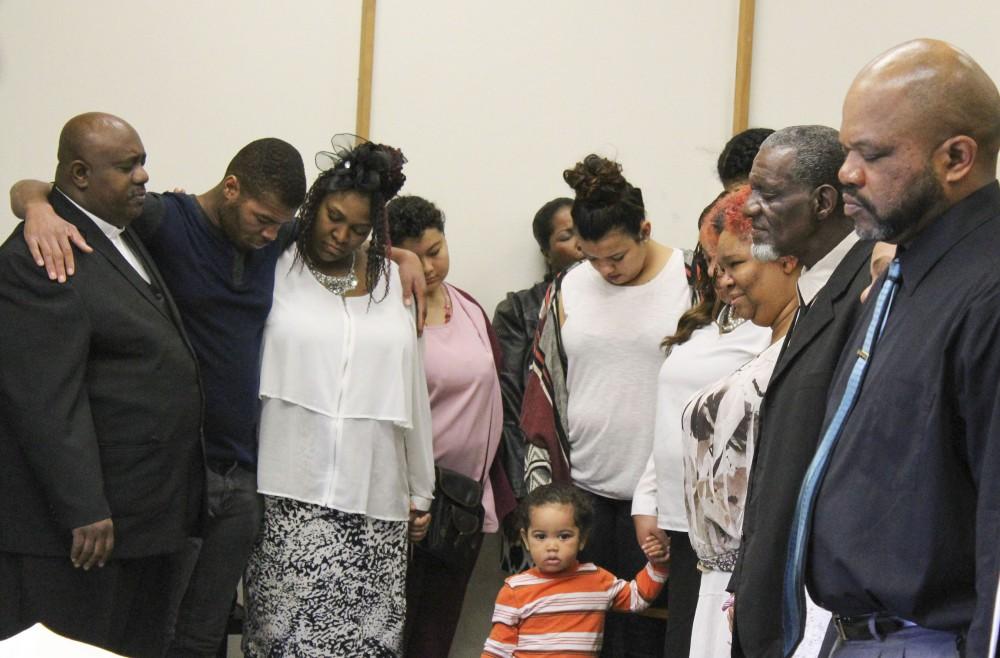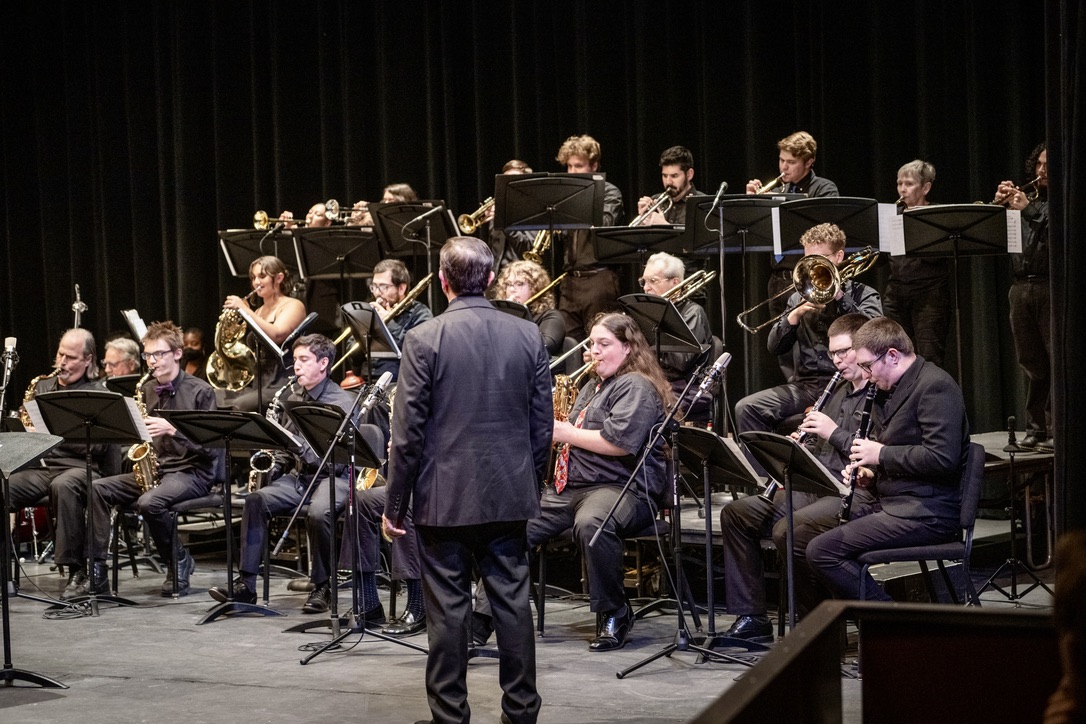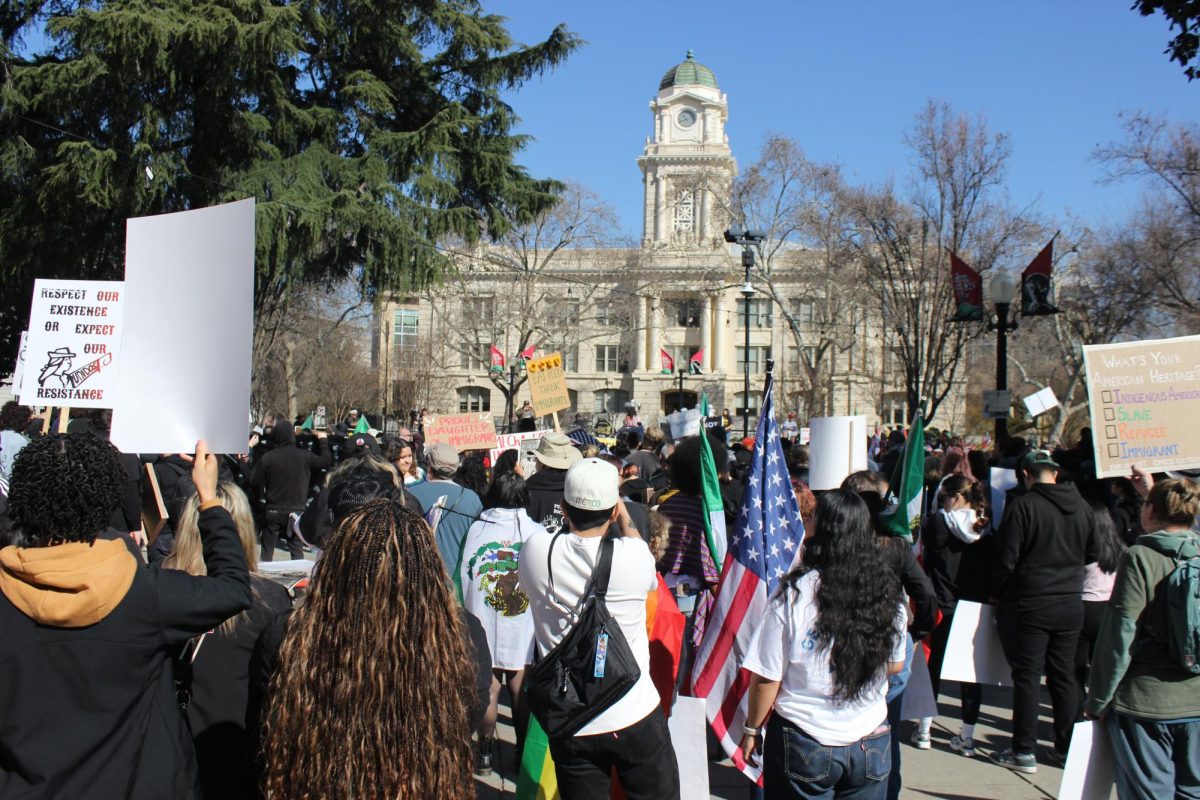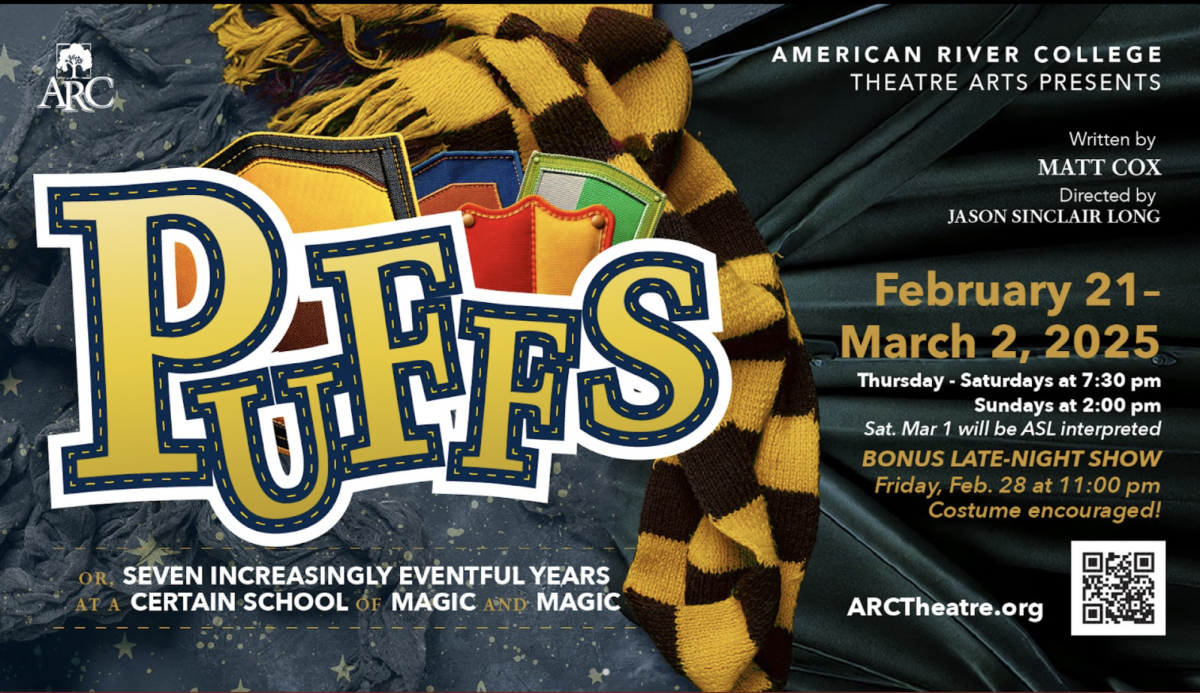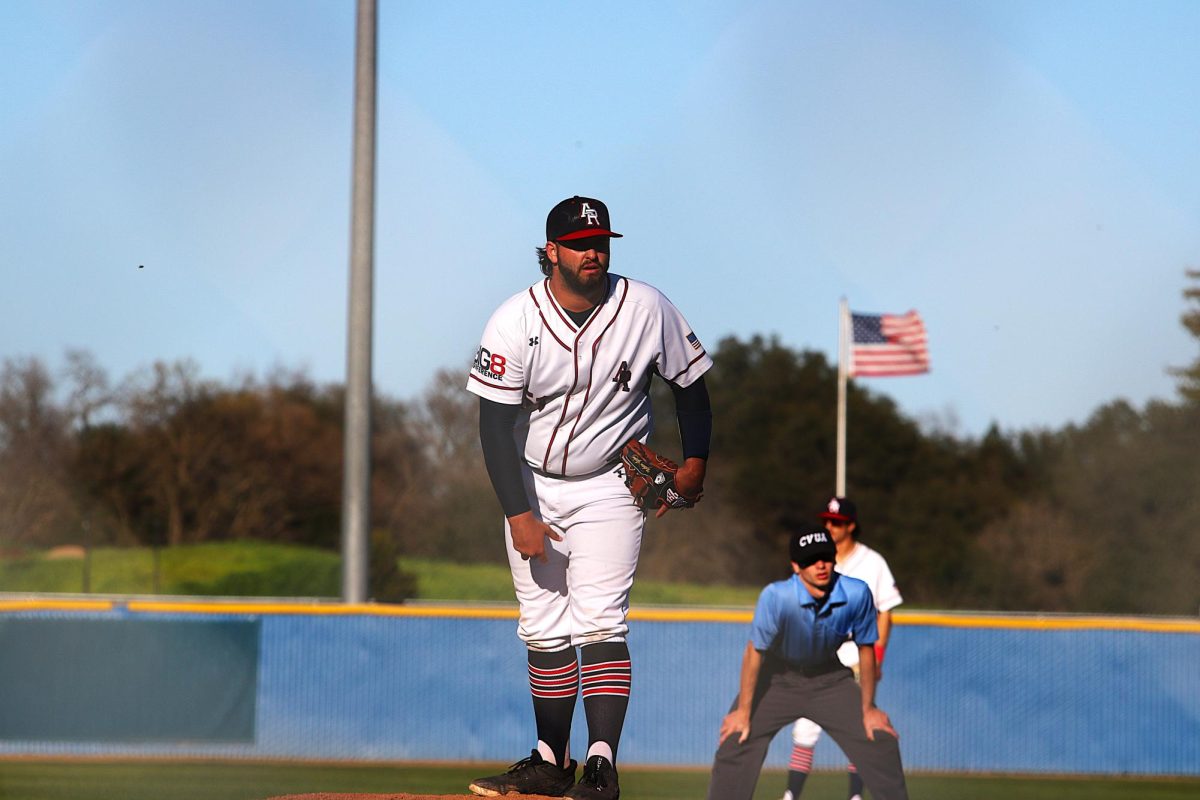Racism is still alive, specifically in the African-American community, but it’s not coming from outside races, it is spilling inside with a division between light-skinned and dark-skinned people.
The paper bag test was used in the 1900s by black fraternities to separate light and dark skinned African-Americans. The hue of the paper bag was used as a point of reference: if the man’s skin matched the paper bag or was lighter in color, he could be accepted into that fraternity.
Barry Frazier, 19, a communications major at American River College, has heard of the paper bag test.
“From what my mom told me, if you pass it it’s more likely that you will get a job or something like that,” said Frazier. “I don’t really remember all of it because she told me at a young age.”
When Frazier was presented with a paper bag and asked to take this test, he joked by saying “Do you want to use my tan or my real skin color?”
The skin on his arm is lighter than the paper bag, which means he would have been accepted into the fraternities.
When he realizes that he is lighter than the bag, he jokingly denies it and wants to do the test again.
Once again, he is lighter than the paper bag.
“You know I didn’t ask for this,” said Frazier, referring to his skin tone.
Frazier thinks that because he is lighter, he does get treated differently.
“I feel people look at me different, but I think it’s my demeanor and the way I carry myself. I carry myself with confidence all the time,” said Frazier. “People are so judgmental. We don’t take the time to get to know one another.”
Rudy Pearson (African-American), African-American History professor at ARC, describes the separation between people with lighter skin and those with darker skin in the 1800s.
“(We do see the separation) primarily with the onset of the class we call ‘mulatto,’” he said.
Mulattoes were the first generation offspring of a black person and a white person.
Pearson explained that if someone was mulatto, “they were considered to be much smarter” than those who weren’t.
“Most West Africans are darker-skinned because it’s closer to the equator,” said Pearson.
When it came to the housework of slaves, the assignments were split up amongst skin tones.
“People would begin to identify areas of responsibility for lighter-skinned people,” Pearson said. “If it’s physical work, the blacker the better because you are just muscles.”
There are ways African-Americans can try to change the racism that’s within their community.
Pearson believes that one of the first steps in overcoming this type of racism is by realizing that it is in fact an issue.
Pearson doesn’t condone the use of the N-word, but feels if it is used, then the people using it should be aware of their surroundings, and if they see an older person in the room, to check themselves.
Pearson discusses a time he encountered a form of racism.
“I was in the Bay Area meeting a friend at a hotel and I was dressed down for the most part,” Pearson said. “I was in jeans and a sweat jacket. This white guy walks in, sees me standing there and tosses me his keys. He thought I was the valet driver. I could have been rude thrown the keys back at him, but I didn’t. I didn’t automatically play the race card. But it would have been easy to do so.”
Administration of justice major, Nisha Dutwe, feels strongly about her heritage.
“Black is beautiful,” said Dutwe. “If you are dark-skinned you don’t have to worry about wearing makeup because your skin is naturally beautiful.”
Elois Oliver, culinary arts major, 66, recalls the day her father met her soon-to-be husband.
“My dad almost fell out and had a heartache when he saw (my fiance),” she said. “He said, ‘Why would you want someone that black?’”
Oliver has two sons, both of whom are dark-skinned.
“My sons are very handsome,” she said. “And here is the twist: they both married white women.”
Oliver has five grandchildren.
“I tell my grandchildren ‘don’t think you are better than others because of your skin tone,’” she said.
The hair of African-Americans has always been a hot topic. Chris Rock made a movie called “Good Hair,” in which he went out interviewing celebrities and hair shop owners to discover what they think “good” hair means.
“I think we (African-Americans) should get past the wigs and weaves that we put in our hair,” said Oliver.
When it comes to how the generation is today, Oliver says, “I think that it’s sad we haven’t grown past that. If you are trying to go from darker to lighter, then you don’t like your dark skin.”


